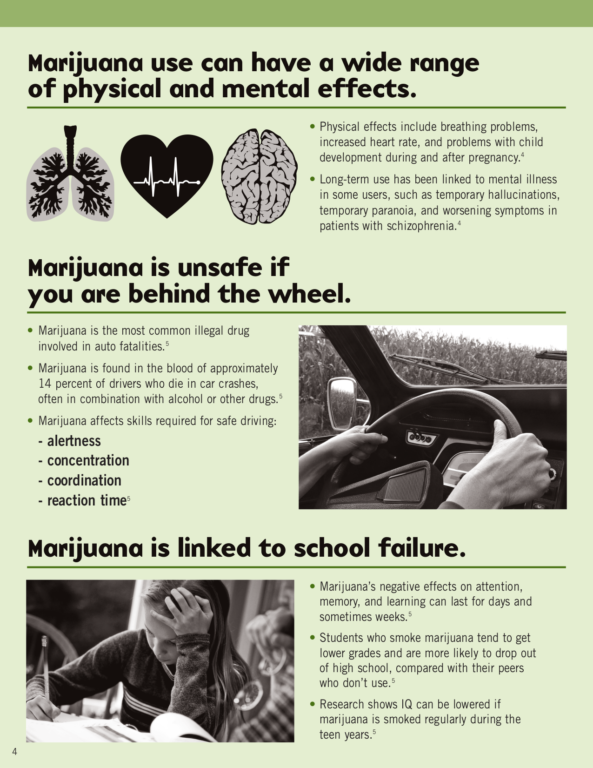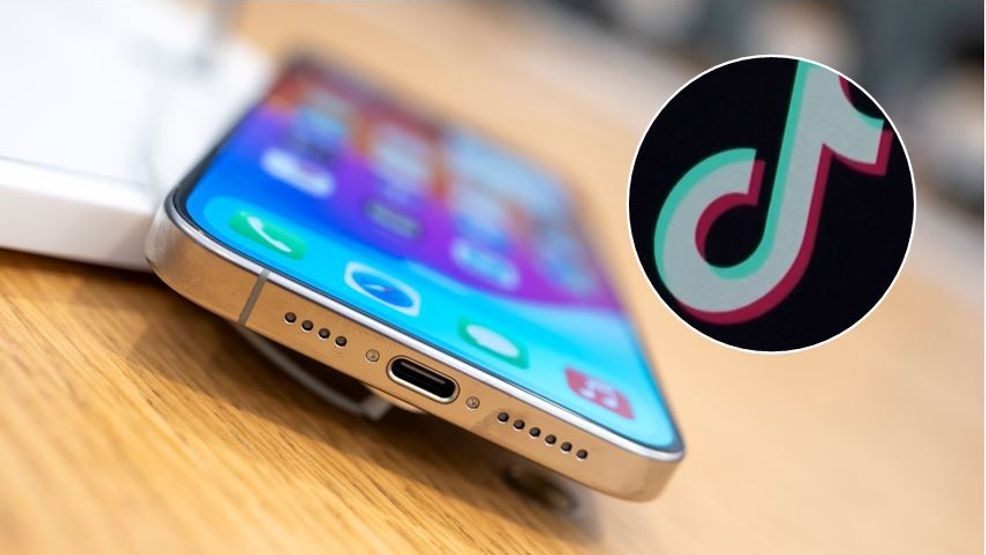## Is Your iPhone a Digital Mess? One Apple Employee Says Don’t Close Your Apps! We’ve all been there: a cluttered home screen, a jumble of open apps, the dreaded “low storage” notification. But what if closing those apps isn’t the solution, and in fact, might be doing more harm than good? A recent revelation from an Apple employee has sent shockwaves through the tech world, challenging a common belief about iPhone usage. Prepare to have your mind blown as we delve into the surprising reasons why closing your apps might be making your OCD worse, and why this insider tip could be the key to a calmer (and less cluttered) digital life.
The Impact of Closing and Reopening Apps on Your iPhone’s CPU, RAM, and Battery Life

According to an Apple employee, closing and reopening apps on your iPhone can have a significant impact on your device’s CPU, RAM, and battery life. In a now-viral TikTok video, the employee explained that closing apps can actually use more power and data than keeping them open in the background.
When you close an app, you’re essentially telling your iPhone to stop using the app’s resources and to free up memory and processing power. However, this process can be complex and can actually take up more energy and data than simply leaving the app open.

Why Closing Apps Isn’t the Best Approach
There are a few reasons why closing apps isn’t the best approach:
- It can use more power and data than keeping the app open.
- It can slow down your iPhone’s performance.
- It can cause apps to freeze or become unresponsive.
- Don’t close apps unless they’re unresponsive or not functioning properly.
- Leave apps open in the background to free up memory and processing power.
- Don’t worry about closing apps to save battery life – it won’t make a significant difference.
- Take breaks from your devices and focus on the present moment.
- Use apps and tools to help you stay focused and productive.
- Learn how your devices work and take control of your usage.
The Psychological Aspect: Understanding Our Instinct to Close Apps and the OCD Connection

Many of us have an instinct to close apps because we feel like it’s helping our iPhone run faster or more efficiently. However, this instinct may be driven by OCD tendencies rather than a genuine understanding of how our devices work.
OCD, or obsessive-compulsive disorder, is a mental health condition characterized by intrusive thoughts and compulsions to perform certain rituals or behaviors. For some people, closing apps may be a way to cope with anxiety or feelings of control.

When to Close an App: The Exception to the Rule
So, when should you close an app? According to the Apple employee, you should only close an app if it’s unresponsive or not functioning properly.
In most cases, leaving apps open in the background is the best approach. This allows your iPhone to continue running the app in the background, using minimal resources, and freeing up memory and processing power for other tasks.
Implications and Practical Takeaways
So, what does this mean for you? Here are a few practical takeaways:
Beyond the iPhone: A Broader Look at Technology and Our Habits
While the impact of closing and reopening apps may seem insignificant, it’s a small part of a larger issue – our relationship with technology.
We’re constantly bombarded with information and updates, and it’s easy to get caught up in the cycle of constantly checking and re-checking our devices. This can lead to feelings of anxiety, stress, and overwhelm.
The Bigger Picture: How Our Phone Habits Reflect Our Relationship with Technology
Our phone habits are just one reflection of our relationship with technology. We’re constantly connected, constantly checking, and constantly updating. This can be both a blessing and a curse.
On the one hand, technology has given us access to information, communication, and entertainment like never before. On the other hand, it can also be a source of stress, anxiety, and distraction.
The Importance of Understanding How Our Devices Work: A Key to Better Usage and Maintenance
So, what can we do to improve our relationship with technology? Here are a few suggestions:
By understanding how our devices work and taking control of our usage, we can reduce stress and anxiety, improve our productivity, and enhance our overall well-being.
Conclusion
In conclusion, the revelation from an Apple employee about the futility of closing iPhone apps has sparked a heated debate among tech enthusiasts and casual users alike. The crux of the matter lies in the misconception that closing apps conserves battery life and improves performance, when in fact, it does the opposite. By constantly closing and reopening apps, users are actually exhausting system resources and diminishing their iPhone’s overall efficiency. This myth-busting exposé has significant implications for the way we interact with our devices, highlighting the importance of understanding the intricacies of our technology.
As we move forward, it’s essential to recognize that this misconception is symptomatic of a broader issue – our tendency to rely on assumptions rather than facts when it comes to technology. In an era where smartphones have become an integral part of our daily lives, it’s crucial that we take the time to educate ourselves on how to use them effectively. By doing so, we can unlock the full potential of our devices and maximize their capabilities. Furthermore, this episode serves as a reminder to tech giants like Apple to prioritize user education and provide clear guidelines on how to optimize device performance.
In the end, the Apple employee’s candid admission serves as a poignant reminder that sometimes, the most effective way to conserve energy is to conserve our own ignorance. By embracing this mantra, we can revolutionize the way we interact with technology and unlock a new era of efficiency, productivity, and innovation. So, the next time you’re tempted to close those apps, remember – your iPhone (and your OCD) will thank you for leaving them open.
